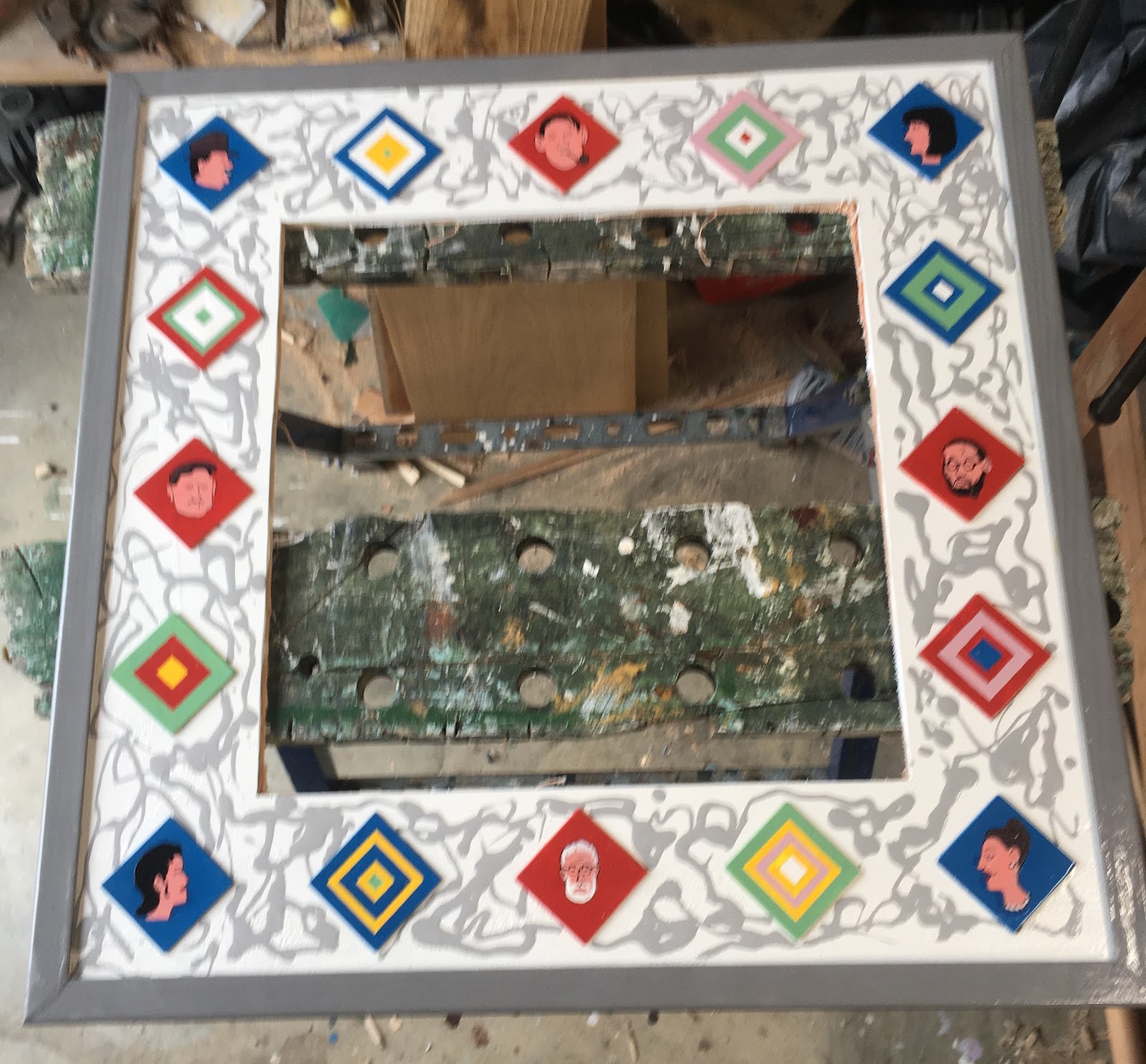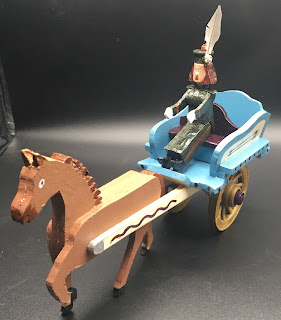Friday, 11 August 2023
Cultural References
Sunday, 30 July 2023
A Manifesto
Sunday, 9 July 2023
I.m. John Whitworth
Sunday, 2 July 2023
Things I made (part1)
Thursday, 11 May 2023
The Life
Oh look! Look at the little pantiles, what would we call that color? Buff? Orange? And the wonderful position, at the head of the Marine Walk, looking down on the boats -- ah, the boats -- stiff-legged if we can call them that, waiting for the tide, the tide that waits for no man in the affairs of men.
If you’d taken that job . . .
And that weathervane, a cutout peacock or maybe a phoenix, twisting to point into the breeze.
. . . we could have brought our children up in a house like that.
Yes? All of us looking seaward from three neat bedroom gables just like those, all slightly different. Gazing through just such a wide wide lounge window in the style of Voysey at the horizon -- ah, the horizon! -- at the clouds, the gulls, the boats. From the boats you can almost see speech bubbles rising: “This is the life, the life, the life.” Yes?
Instead of a grimy landlocked metropolis.
The kids could have cycled out from a grand garage like that one with its white finials past big, stone, big-stone gateposts onto a promenade. The house name on those gateposts -- what does it mean? Why inscrutable? It could explain everything.
You didn’t consult me when you decided against it.
Put on the spot. Then or never. Never, then.
Jeannie might have turned out different.
Kissed her love by the factory wall.
We could have lived in a small neat city by the sea.
With its rows of dockyard workers’ row houses seen from the train. Its elegant sailors’ war memorial on greensward. Its big sky. One potato, two potato, three potato, four. Living in a house like that one whose weathervane twists the night away.
Does it point where the wind is going, or coming from?
Ah, now then.




